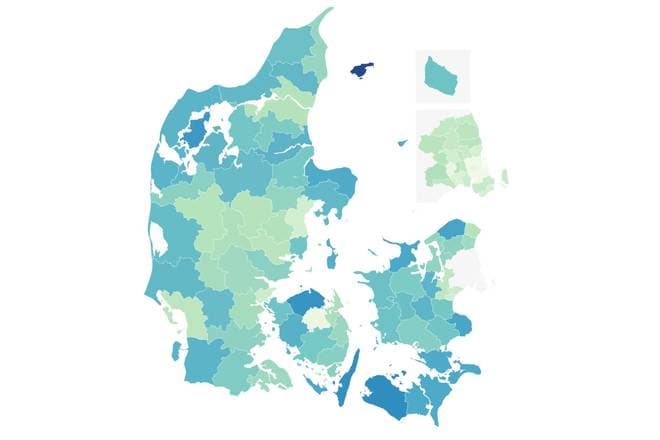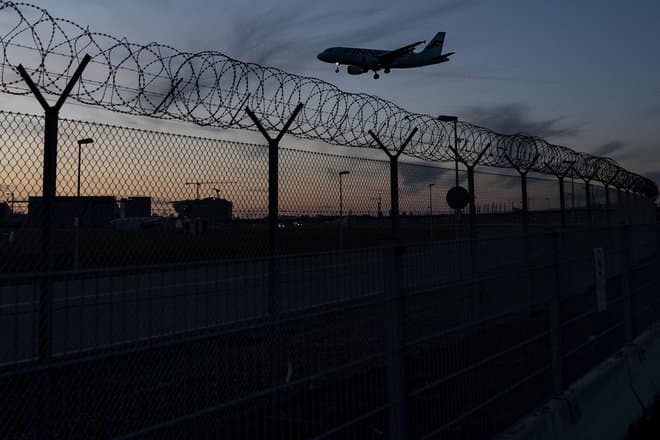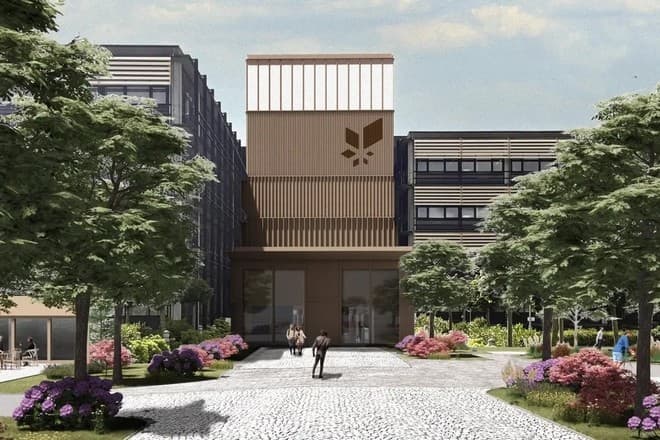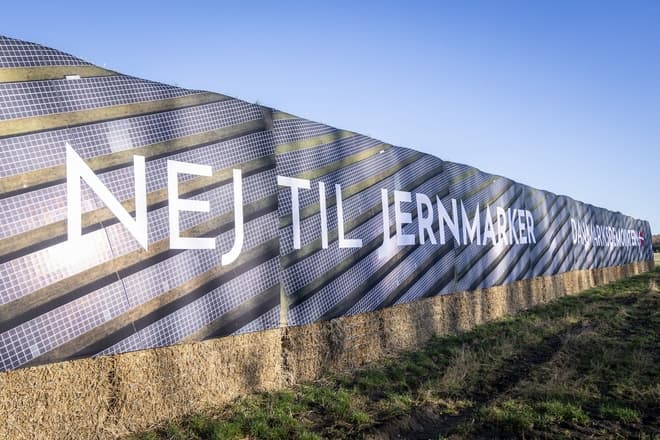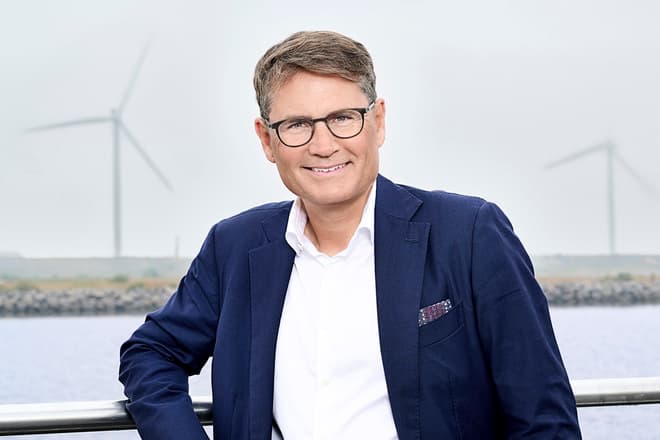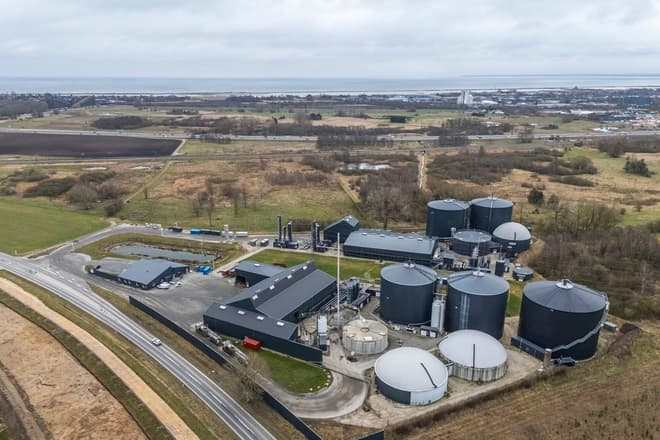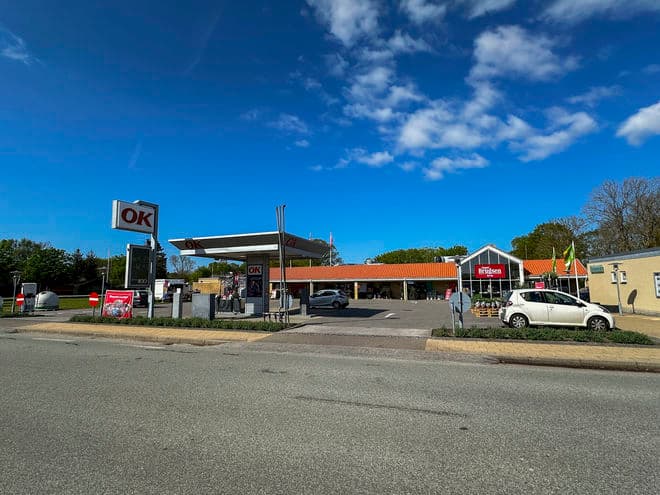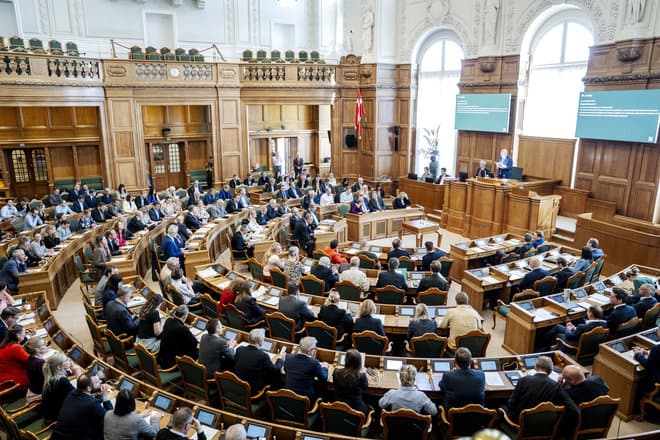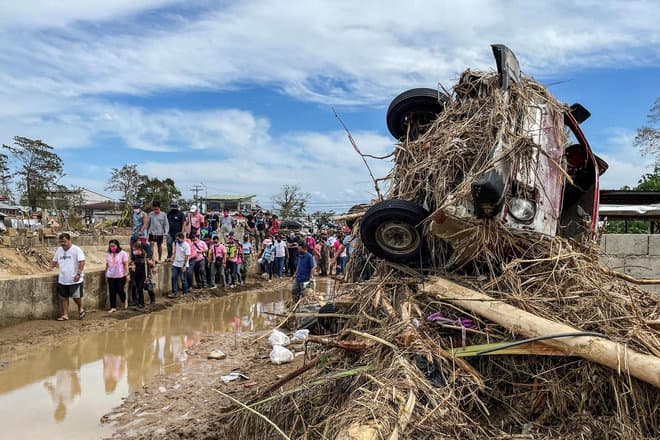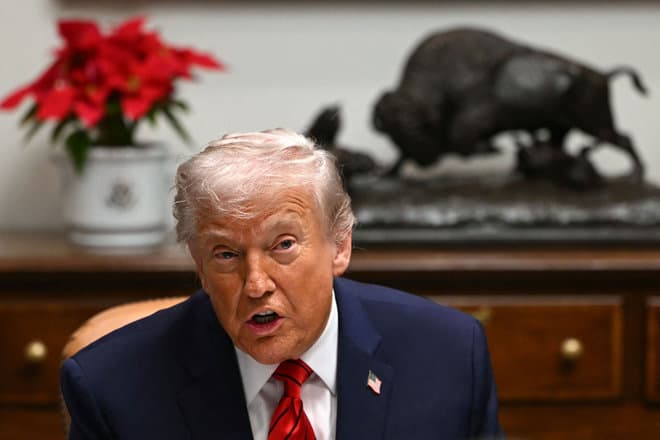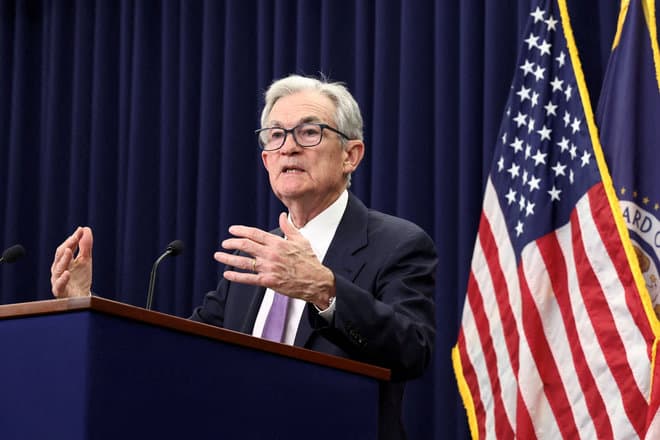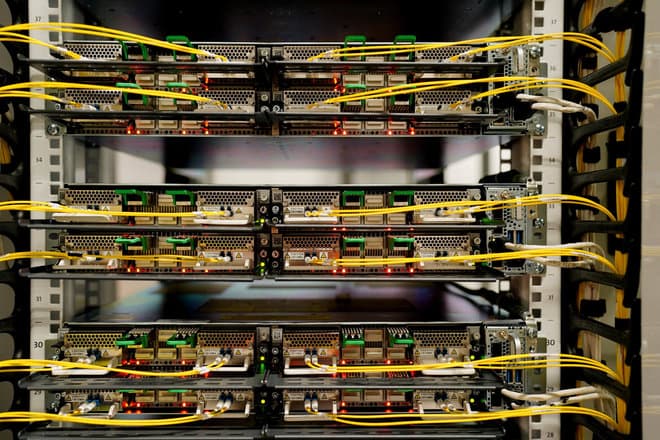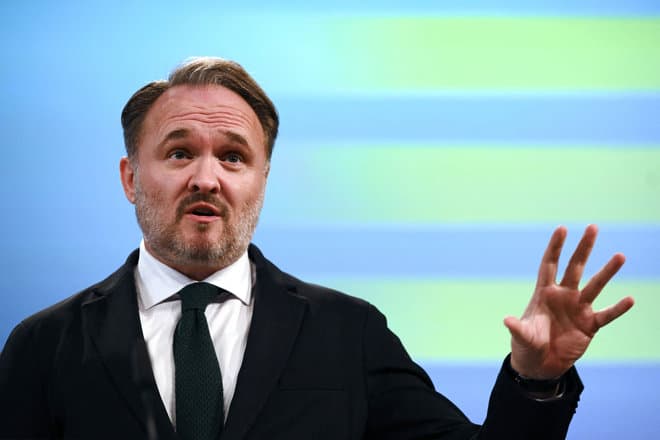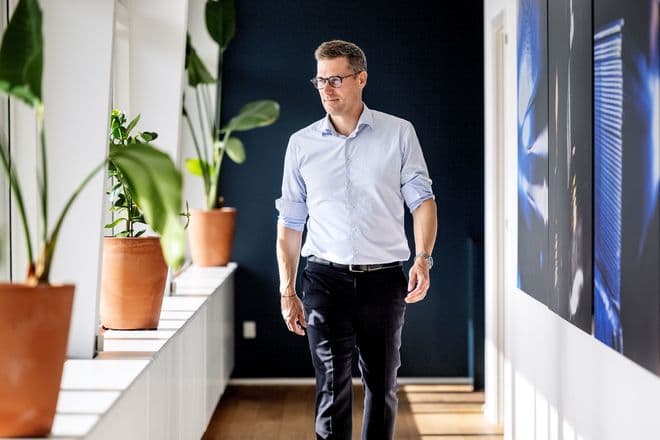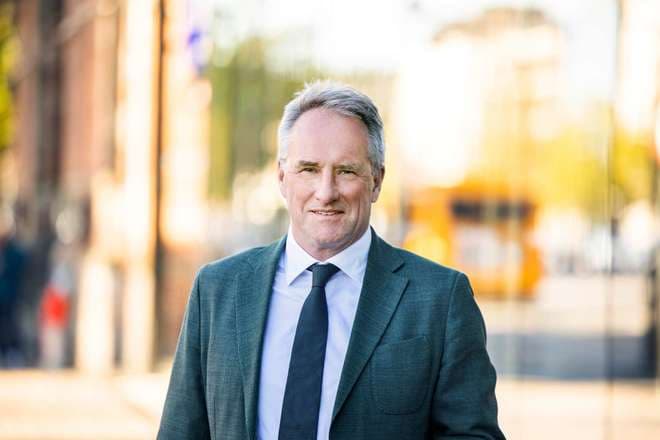
Homeowners should not be forced to replace their gas boilers. This is the opinion of the Liberal Party, which will drop its ambition to phase out gas boilers in 2035.
But such an announcement creates doubt, says Brian Vad Mathiesen, professor of sustainable energy planning at Aalborg University.
- This creates confusion for homeowners who are currently faced with having to choose between a gas boiler or district heating, for example, he says.
On Saturday, Liberal Party leader Troels Lund Poulsen said that it does not make sense to force homeowners to switch away from gas boilers. According to him, there is no climate benefit from this, as Denmark's gas needs can be covered with green gas in the future.
It is "in this sense excellent" that homeowners who currently have a gas boiler are taken into account, says Brian Vad Mathiesen.
- You don't have to be strict when it comes to a deadline, but conversely, you also risk that some people will go out and make new investments in gas boilers that will extend well into the 2030s, he says.
If you use the green gas to heat homes, there is a smaller part that can be exported to Europe, which is currently dependent on importing gas from, among other places, the USA and the Middle East, says Brian Vad Mathiesen.
- For every kilowatt of biogas we can export to Europe, we save on imported natural gas. This has a very concrete physical climate effect, says the professor.
The Liberal Party will continue to work for a phase-out
Although the Liberal Party does not want to force homeowners to switch away from gas boilers, Troels Lund Poulsen believes that it is "common sense" to continue doing everything possible to phase out gas boilers towards 2035.
- But it is not common sense to just say that in 2035 we will completely shut off the gas for those who should have a gas boiler at that time, when it comes to green gas, says the party chairman in an interview with TV 2.
When reference is made to "green gas", biogas, which is produced from organic waste and residues, is usually meant. By 2030, the Danish Energy Agency expects that 100 percent of Danish gas consumption will be covered by biomethane, which is an upgraded version of biogas.
The ambition to phase out gas boilers is part of a political agreement from 2022. The agreement includes, among other things, faster district heating rollout and more heat pumps with the aim of freeing Denmark and Europe from Russian gas.
Radical Liberal Party: "Deeply irresponsible"
The Radical Liberal Party believes that the announcement from Liberal Party creates uncertainty. The party's energy spokesperson Samira Nawa calls it "deeply irresponsible".
- I think Liberal Party is setting out on a kind of zigzag course. Either you have a goal, or you don't have a goal. You can't have both at the same time. The agreement is about freeing us from Russian gas. It is a common EU goal, and the Liberal Party is ignoring it when they make such a statement. I can't understand why they want to put us in this situation, she says.
Both the Danish Social Democrats and the Liberal Party are in the 2022 agreement.
- I think that a government party like the Liberal Party should stick to the agreements they make. Especially in these times when we have both a climate crisis and a security crisis, says Samira Nawa.
She calls on both the Liberal Party and the rest of the government to think carefully.
The Social Democrats generally believe that we should use less gas and roll out district heating to even more households. This is according to the party's energy spokesman Jesper Petersen. But he does not want to address the specific ambition that Danish homes will not be heated with gas from 2035 directly.
- We are not going to turn off the gas from one day to the next. But Europe needs us to use gas for the right things, especially in industry, and that we do not only see it as a Danish issue, but also a European one, says Jesper Petersen.
Troels Lund Poulsen does not believe that the new announcement creates confusion among homeowners.
- I am not creating doubt when I suggest that more things can be done. It cannot be the case that we are not allowed to discuss politically what will happen ten years in the future, he says in an interview with TV 2.
/ritzau/
Text, graphics, images, sound, and other content on this website are protected under copyright law. DK Medier reserves all rights to the content, including the right to exploit the content for the purpose of text and data mining, cf. Section 11b of the Copyright Act and Article 4 of the DSM Directive.
Customers with IP agreements/major customer agreements may only share Danish Offshore Industry articles internally for the purpose of handling specific cases. Sharing in connection with specific cases refers to journaling, archiving, or similar uses.
Customers with a personal subscription/login may not share Danish Offshore Industry articles with individuals who do not themselves have a personal subscription to Danish Offshore Industry.
Any deviation from the above requires written consent from DK Medier.




